Approximately 94% of global malaria cases occur in Africa, with an estimated 579,000 deaths each year. Of these, about 76% are children under the age of five, making malaria a serious national health concern across the continent. Although African countries have made continuous efforts toward the goal of “Zero Malaria” for several years, challenges such as climate change, insecticide resistance, limited access to diagnosis and treatment, and shortages of medical personnel and equipment continue to hinder progress. As a result, the infection rate remains persistently high due to underdeveloped healthcare infrastructure.
WHO(World Health Organization) has set a goal to reduce malaria cases and deaths by 90% by 2030. However, progress has stalled in recent years, making it increasingly difficult to achieve this target. Despite this, international cooperation continues to strengthen, and the emergence of innovative technologies for malaria elimination is driving ongoing support for Africa’s “Zero Malaria” initiative.
Supporting Africa’s Zero Malaria Initiative: NOUL’s Commitment
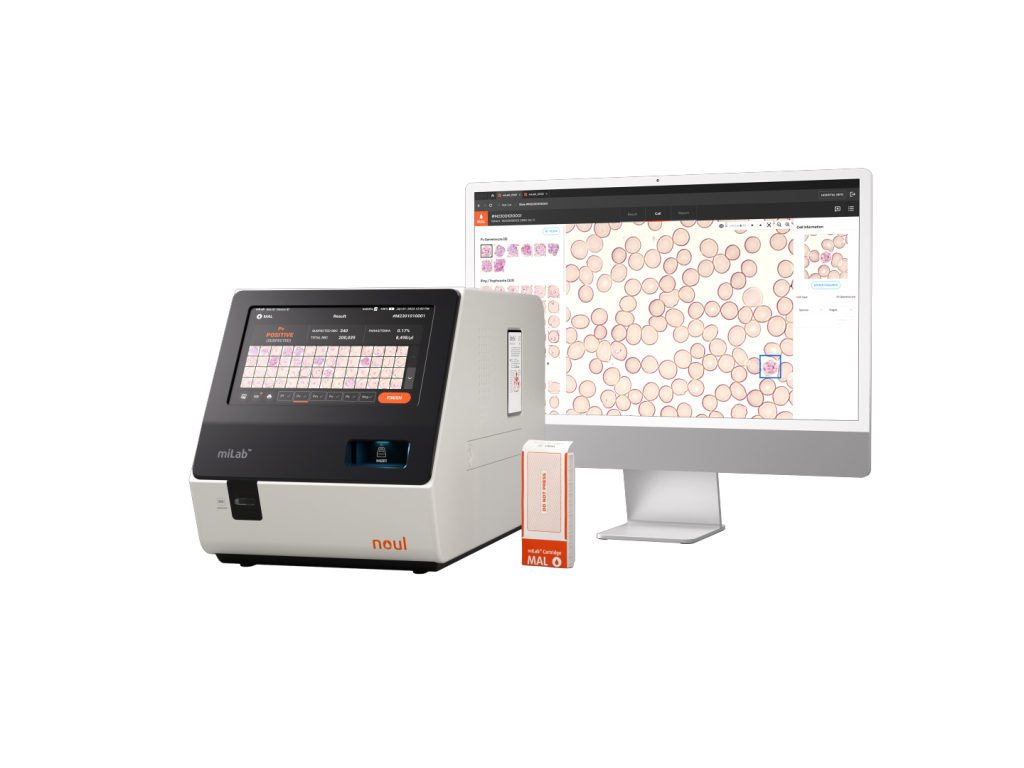
Source: NOUL
NOUL aims to support Africa’s “Zero Malaria” goal through its AI-powered diagnostic platform, miLab™. By applying NOUL’s proprietary solid-based staining technology, NGSI (Next-Generation Staining and Immunostaining), miLab™ automates the entire diagnostic process within a single cartridge. Its on-device AI ensures consistent and accurate analysis even in environments with limited medical personnel. Through this technology, NOUL enables high-precision malaria diagnostics in underserved regions, ultimately contributing to the effective reduction of malaria incidence.
Accordingly, NOUL has been steadily advancing into the African market with its diagnostic platform miLab™, and has successfully supplied miLab™ devices to countries such as Benin, Nigeria, and Côte d’Ivoire. In particular, miLab™ MAL—a malaria diagnostic platform optimized for the high prevalence in Africa—was featured as a “Scale-up” product in an official report by UNITAID, demonstrating its outstanding performance. Backed by strong market demand and NOUL’s technological excellence, miLab™ MAL has successfully established a foothold in the African diagnostics market and continues to expand its brand awareness and market presence through ongoing efforts.
Learn more from related resources
- NOUL provides AI malaria diagnostic solutions to Benin.
- Noul participates in Africa’s largest academic conference, MIM PAMC.
- NOUL shipped 55 miLab™ MAL devices to Côte d’Ivoire.
In April 2025, NOUL visited six African countries to investigate local markets and build trust and relationships by meeting directly with partners and customers, aiming to address malaria diagnostic challenges in more African nations through its products. In this post, we will explore the malaria response status in Guinea, Botswana, and Ethiopia to understand how Africa’s efforts toward achieving “Zero Malaria” are progressing.
About 75% of the population in Guinea have experienced malaria.
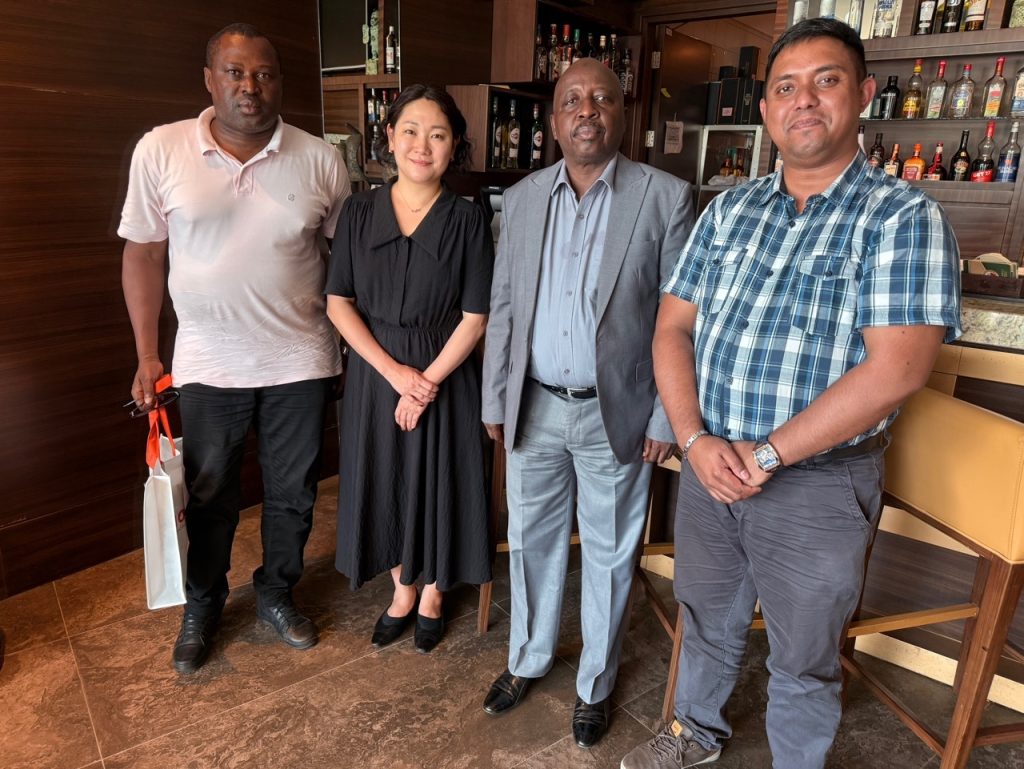
Source: NOUL
Guinea is a country with a population of approximately 13 million, where over 75% of people have experienced malaria infections. Due to its tropical climate, infectious diseases such as malaria are common, and efforts to improve public health are ongoing with support from international organizations like the WHO. The country is one of 17 worldwide with the highest malaria burden. As of 2022, Guinea accounted for 1.8% of global malaria cases and 1.7% of malaria-related deaths. Notably, within West Africa—where malaria incidence is highest—Guinea’s malaria prevalence is around 4%.
Guinea currently has a very high malaria prevalence, conducting up to 500 tests per day. Approximately five technicians handle this large volume of tests, creating an urgent need for more efficient diagnostic solutions. In response, NOUL introduced miLab™ MAL, which automates the testing process to improve work efficiency, offering a more accurate and rapid malaria diagnostic solution that actively supports the quality of diagnoses by limited skilled personnel. Guinea showed great interest in miLab™ MAL, and also expressed significant concern about blood-related diseases such as tuberculosis and anemia, revealing potential demand for miLab™ BCM as well.
Botswana is focusing on strengthening healthcare accessibility.
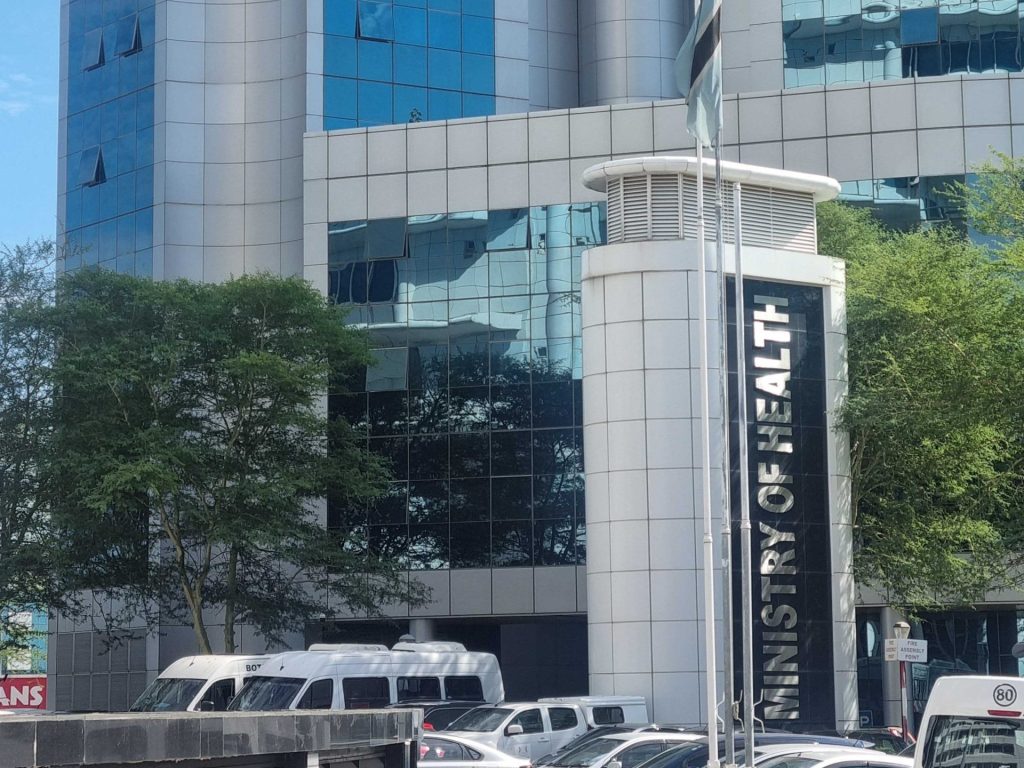
Source: NOUL
Botswana is actively implementing various efforts to expand its domestic healthcare infrastructure. In particular, it is improving medical accessibility by establishing Primary Clinics and Major Hospitals at 100-kilometer intervals, continuously strengthening healthcare access with the goal of building a decentralized health system. Additionally, by actively supporting disease testing at the government level, Botswana has significantly improved the overall national health standards.
Botswana is highly receptive to medical innovation, and with the government’s broad healthcare funding support, there is a clear demand for high-efficiency systems capable of handling large volumes. When NOUL introduced miLab™ MAL, a platform that automates the entire malaria diagnostic process within a single cartridge, they expressed a strong preference for automated diagnostic devices and responded positively to the product.
As cervical cancer has emerged as a global health issue, Botswana is actively considering the implementation of a cervical cancer screening policy. They are seeking an efficient diagnostic device capable of handling the screening demands of the entire population, and showed great interest and enthusiasm upon being introduced to NOUL’s miLab™ CER. miLab™ CER is a cervical cancer diagnostic platform that fully automates cytopathology process and uses AI-based analysis to visually identify the cancer progression stage of individual cells. It can process all steps—from sample preparation to analysis and result verification—on a single platform within the same day, enabling rapid follow-up treatment. This capability makes it a highly attractive solution for Botswana’s healthcare environment.
Malaria Diagnosis in Ethiopia: Addressing the Challenge of P.vivax.
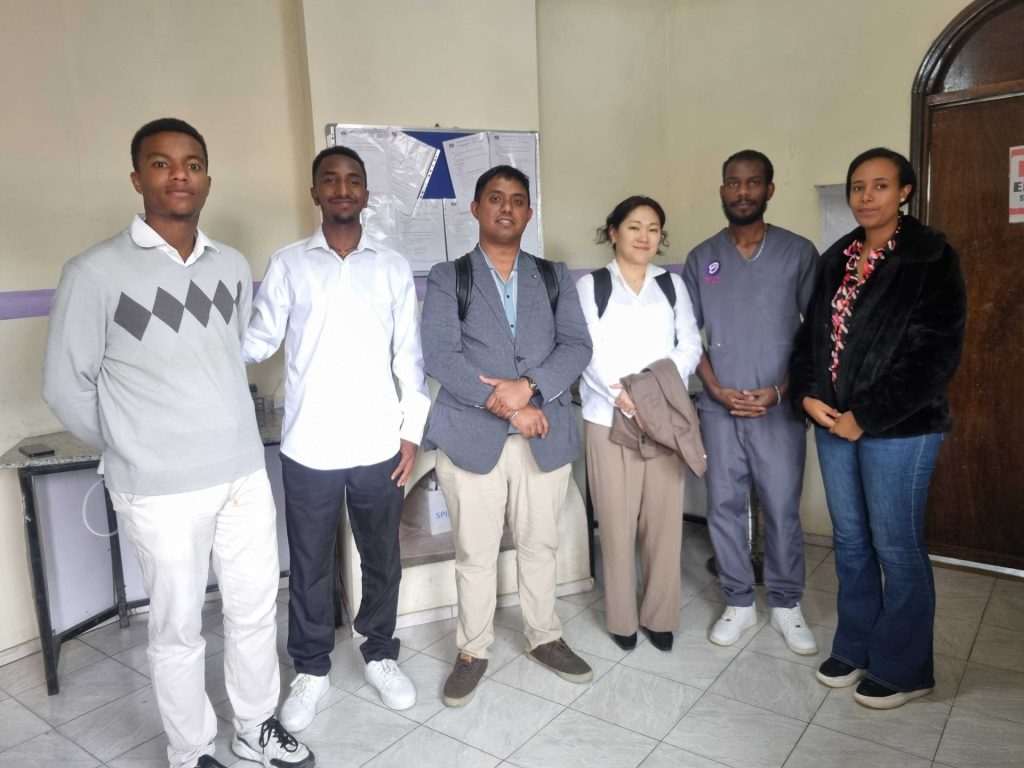
Source: NOUL
Ethiopia has a total population of 120 million, with 60% living in malaria risk areas, and approximately 4.1 million cases reported annually. Notably, the country’s malaria parasite distribution is about 70% P. falciparum and 30% P. vivax, accounting for 23% of global P. vivax cases. While P. vivax is less deadly than P. falciparum, its tendency to relapse and cause severe anemia makes continuous diagnosis essential.
WHO and the Ethiopian Ministry of Health have activated an emergency response system to distribute malaria diagnostic kits and treatments; however, the currently used kits cannot distinguish between P. falciparum and P. vivax. Given the high prevalence of P. vivax in Ethiopia, miLab™ MAL, which can accurately differentiate between P. falciparum and P. vivax, offers a more effective solution for reducing malaria incidence. Notably, miLab™ MAL has achieved 100% sensitivity and specificity in clinical evaluations, making it a highly promising malaria diagnostic device optimized for the Ethiopian environment.
The current Diagnostic Environment in Africa Experienced by NOUL.
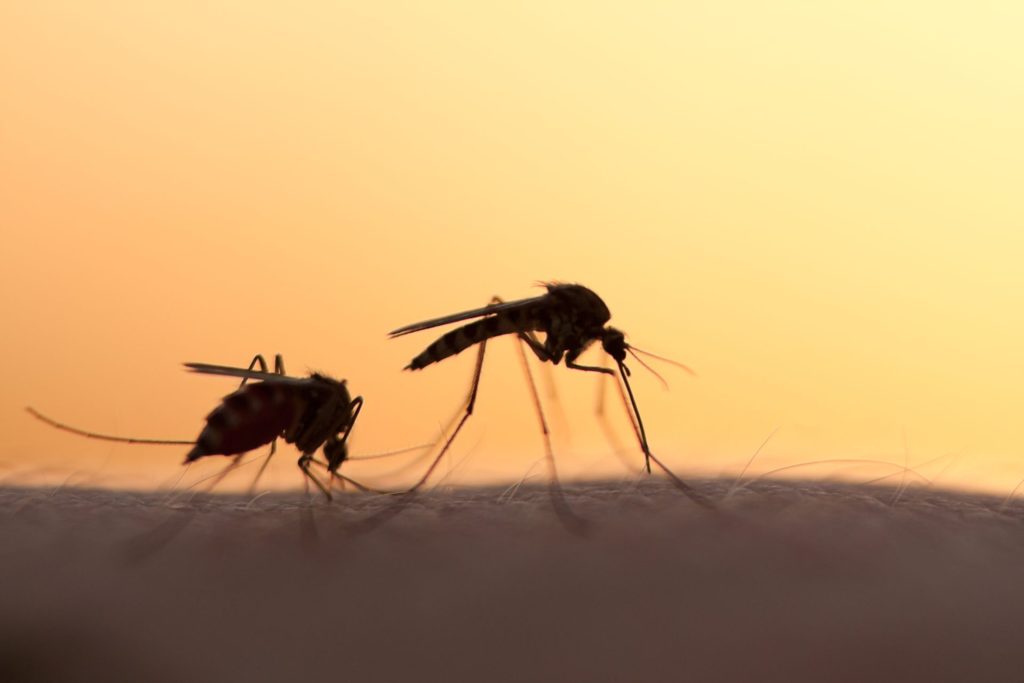
Source: Shutterstock
During its recent trip to Africa, NOUL visited hospitals, distributors, and public institutions in the aforementioned countries to directly observe their malaria diagnostic situations and efforts toward achieving “Zero Malaria”. The company also witnessed a strong commitment to building better infrastructure and a proactive attitude toward adopting innovative technologies. Notably, it was interesting to see significant government interest in various policies aimed at improving healthcare accessibility.
In most African countries, when tests for high-risk diseases are conducted by public institutions, the government often covers the testing costs. Despite the high volume of tests, there is a strong need for high-performance diagnostic systems that ensure accurate results. Upon introducing NOUL’s AI-based automated diagnostic platform, miLab™, positive responses were received.
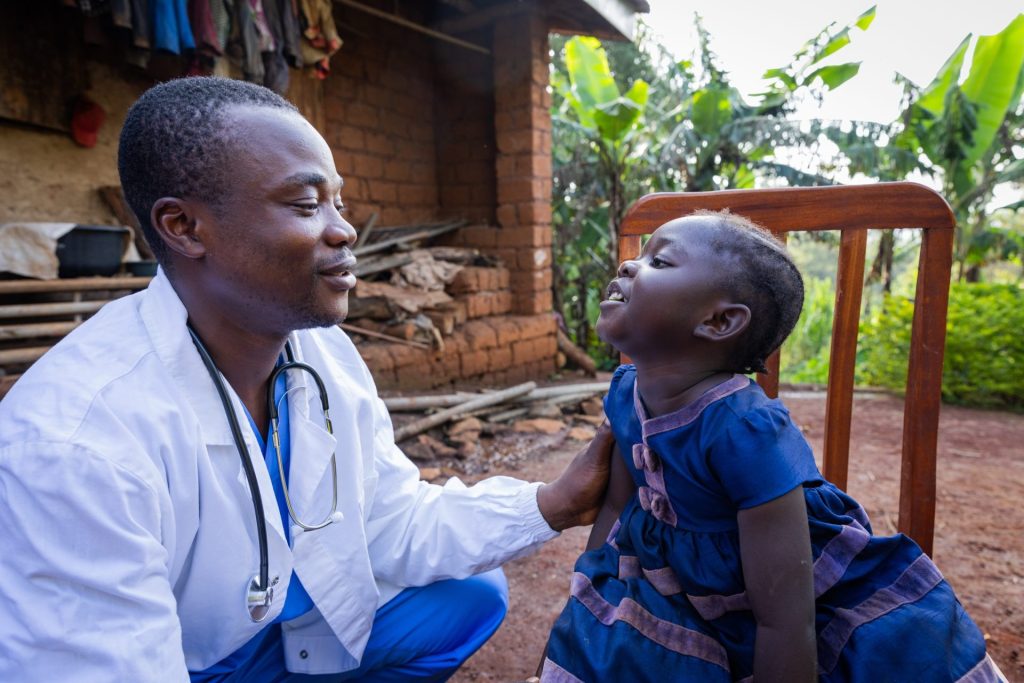
Source: Shutterstock
The diagnostic solution with the highest demand in Africa remains malaria; however, recently, interest in blood-related diseases such as tuberculosis and anemia has also increased, leading to growing demand for blood testing systems. In particular, as cervical cancer has emerged as a global health issue, governments are making multifaceted efforts, including actively supporting screenings to reduce its incidence.
In conclusion, through this business trip, NOUL confirmed that miLab™, with its NGSI (Next Generation Staining and Immunostaining, a solid-based staining technology), automates the diagnostic process within a single cartridge to improve efficiency and support environmentally friendly diagnostics. Additionally, its on-device AI delivers consistent and precise results, making it a well-suited solution for Africa’s diagnostic environment, where medical infrastructure is relatively limited and disease risk is high.
Experience Africa’s healthcare challenges firsthand and discover how NOUL’s miLab™ offers the optimal solution. Click the link to learn more!

